Our Transport Services
Explore India, Customize Tour Packages, Lowest Rates, Guaranteed Services.
TOLL FREE : 1800 1027 408
sales@anttravels.com
Coach Hire : +91 - 9811992203
Car Hire : +91 - 9811448977
Minivan Hire :+91 - 9311448977
Explore India, Customize Tour Packages, Lowest Rates, Guaranteed Services... View More
Explore India, Customize Tour Packages, Lowest Rates, Guaranteed Services...
Lorem ipsum dolor sit amet, consectetur adipiscing elit, sed do eiusmod tempor incididunt ut labore et dolore magna aliqua.Duis aute irure dolor in reprehenderit..
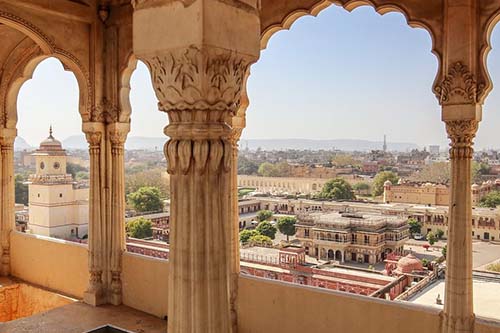
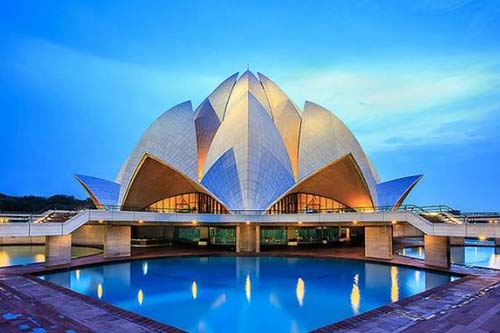
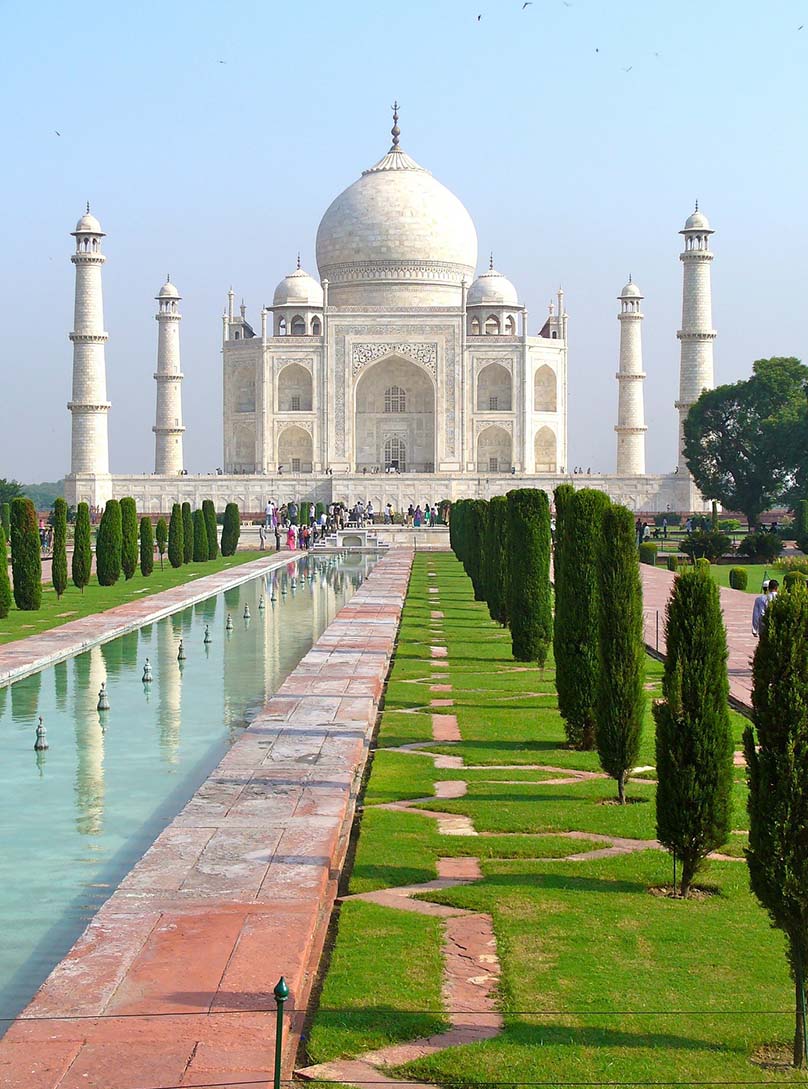
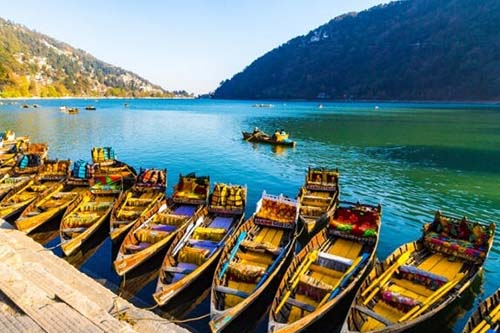
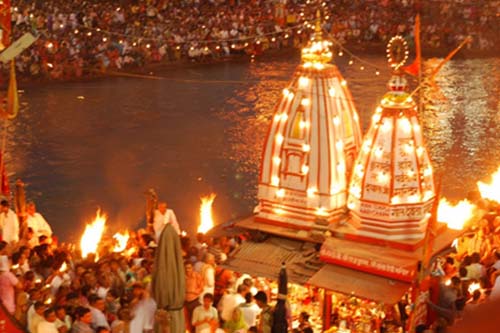
Unraveling India travel with the penchant for Extreme Care is what Swan Tours - One of the leading travel agents in India, is famous for!
India, a unique diverse country, is a plethora, of colure, heritage, religion, landscape, language & spiritualism all this diversity is deep. Rooted & is boldly connected by the sheer willingness, of its people to remain one, which is truly inexplicable.
A land of Exuberance, Gaiety, Colour, Grandeur, Royalty combined with an eclectic mix of people, is what makes India .furthermore, the India Travel irresistible!
To integrate all your travel, we bring to you, the travel agent extraordinaire, in Delhi, India. We at Swan Tours -A travel agency in India, make each & every travel a memorable experience.
Swan Tours - A travel agent in India is based out of the city of New Delhi , India .We assist people to explore the Beauty and Magnitude of our country .alongside ,we also tailor-make travel and tour packages to International destinations such as Dubai ,Srilanka , Bhutan ,Maldives ,Mauritius ,Vietnam , Cambodia ,Europe , America, Africa ,etc.
The Multi-faceted country boasts of very warm & hospitable people & that is exactly what we represent at Swan Tours (A leading tour agency in India). Complete care for its Domestc, Inbound & Outbound guests.
At Swan Tours – Travel Agents in India, we are very proud of our legacy of repeat guests. With an experience of more than 2 decades in the travel business, the company has won several awards from the leading hotel chains and has been associated with all the apex bodies of the industry.
Swan Tours- an Indian travel agency is one of the largest Tour Operators in New Delhi, India. With more than 20 years of experience in the travel industry, we specialise in Indian holidays, Inbound travel to the popular circuits such as the Golden triangle, Rajasthan, South India, Goa, North East, etc and Outbound travel from India to the popular International destinations, Our ethos of "Service With A Smile", is behind each and every travel plan of all our guests.
Providing an array of Customised travel service is our forte., All Kinds of Tours and Travels in India -From luxury India Tours, Honeymoon Tour Packages to Indian and International destinations, Domestic Tour Packages, International Tour Packages, Weekend Getaways from Delhi, Pilgrimage Packages ( from Katra in North India, Puri In East India, Shirdi in West India to Rameshwaram in South India ), India Wildlife Tours covering the National parks and Bird Sanctuaries, Incentive Tours and MICE movements, Education Tours, Photography Tours, etc. You dream it and we turn it into reality. Swan Tours is an Indian travel agency /one of the leading tour operators in India / Tour organiser in India.
Our endeavour is to make every travel a Special Experience! "Travelling is an attitude & we make your where it on your sleeve"
Step into India and you are stepping into the most democratic and the most feudal country in the world. The marriage of feudalism to freedom is the grandest of India's many paradoxes, and part of its magic and charm. India's people are utterly free, yet the situations of many are fixed in time, at roughly 100 years ago. Contradictions in everyday Indian life may leave you nonplussed on your first trip here. No matter how quickly it charges onto the information super-highway, India remains an enigma, a perplexity, and a puzzle you simply can't solve. And every time you think you know the place, something happens to jolt you out of your complacency.
The essence of contemporary Indian life is that people carry on with whatever activity pleases them, even if it's contrary to the law or the comfort of their neighbors—and neither the authorities or the bemused neighbors bat an eye. Parades of disgruntled workers with blaring micro-phones obstruct a city thoroughfare for 12 hours, and life goes on around them. Villagers use a highway running through their hamlet as a place to dry that season's rice crop, and truck drivers simply drop to the shoulder of the road, navigating care-fully for miles—even if it means landing in a ditch—to protect the grain. Your toddler irrigates the second-class train compartment you share with six other people, and your fellow passengers smile benignly and keep their feet up.
Any religious activity in India has society's full sanction. Half the populace occupies the main road in prayer; a whole town blushes orange with religious banners. Festivals turn whole community’s upside-down with noise, color, and commotion, but a tamasha (spectacle or happy confusion) is enjoyed by all.
The flip side of this day-to-day liberty is that many Indians' fates are engraved in stone. The poor seldom become rich. The rich seldom become poor. Carpenters seldom become doctors. Widows seldom re-marry. Wives seldom divorce alcoholic, do-nothing husbands. Untouchables never, technically at least, become touchable. Castes cannot be changed or ignored. Social mobility, while gaining momentum, is slow.
The people of India will warm your heart. Democratic or feudal, Indians can be touching in their respect, affection, and concern for you, a guest; their families; and their gods. Where else can you see thousands of people trudging barefoot through the night to pay their respects to a deity in a temple?
Indeed, religion in India is no one-day-a-week affair: It's a way of life, the force that moves the country. Faith governs the mind, defines most behaviour, and sets much of the country's agenda and calendar. It becomes a personal lullaby or alarm clock for all, with Hindu temple bells tinkling intermittently and a muezzin calling the Muslim faithful to prayer five times a day. So many gods and goddesses are worshiped here that Mark Twain may have understated the case when he wrote in Following the Equator that "in religion all other countries are paupers, India is the only millionaire." Hinduism alone accounts for thousands of deities. Where ever you travel in this spiritual land, you'll find monuments with a sacred element: the Taj Mahal, with its carefully inlaid Koranic verses; Khajuraho's Hindu temples, with their astonishing erotic sculptures; the Ajanta Caves, with their serene murals of the Buddha; Catholic churches in Goa, with their Hindu-esque images of Jesus; Jain temples with their tirthankaras (perfect souls), whose poses and features resemble those of the Buddha; and even a handful of historic synagogues.
The earliest remnants of an Indian civilization date from at least 3200 BC, and since then the subcontinent's culture and heritage have endured repeated invasions. Some say India's ability to adapt is the very source of her strength and resilience. Persian-influenced Mogul tombs add delicacy to urban skylines. British bungalows anchor Himalayan hill stations and line major avenues. Cuisines, languages, dance and music styles, and artwork and handicrafts vary widely from state to state. There's no American-style homogeneity in India; each region is intensely proud of its own culture.
To be sure, many aspects of this country can be hard for the Westerner to understand. Why, for instance, do India's urban cows prefer to chew on newspaper rather than on rotting garbage (in plentiful sup-ply) or on random patches of grass in a field? India can also be exasperating and exhausting—a difficult place for those accustomed to efficiency and a Western work ethic. To enjoy your stay in India, surrender, take it slow, and don't try to squeeze too much into a short trip. Prepare to give in to the laissez-faire attitude that seems a natural extension of India's fatalistic tendency. The favorite saying is, "Shall we adjust? We will adjust." In Hindi: "Adjust karlenge." Accept that what happens is meant to be, or is the will of a supreme authority (frequent Indian explanations). If your flight is canceled, the phone doesn't work, or the fax won't go through, don't fly into a rage. When the slow-motion pace of workers in a government bank or post office is about to drive you crazy, remember that this lack of value for time will have an appealing effect when you venture into rural areas and start wondering why, exactly, you spend so much time in your office back home. Here, time's insignificance induces a dreamlike state. You can sit for hours and watch the simplest routines: village women drawing water from a well, or a man tills the soil with a crude wooden plow. Walking around a deserted ancient city such as Fatehpur Sikri, or watching orthodox Hindus in Varanasi go through their purification or cremation rituals, you'll begin to understand why the art of meditation evolved here. Arrive with the determination to experience India, and make every attempt to adapt; otherwise, this country—which travelers tend to love or hate—might rub you the wrong way.
It helps to be forgiving about some elements of India's inefficiency and over-stretched infrastructure. When this country gained independence in 1947, the new democracy chose nonalignment, set up a large national government, and legislated protectionist policies that kept out most foreign products and led almost too economic isolation. The first Prime Minister, Jawaharlal Nehru, believed protection-ism would make India self-reliant and ultimately improve the standard of living, especially for the impoverished. India did move toward self-reliance, but lack of competition stifled the country's own development, with its captive market forced to accept indigenous products that were often substandard or old-fashioned. Until recently, the dominant car on India's roads was a copy of the Ambassador, a British design from the early 1950s with a curvaceous yet bulky chassis: a nostalgic gas-guzzler.
Then, in 1991, a severe debt crisis and a shortage of foreign exchange forced the government to initiate economic reforms whose results have been nothing short of astonishing. Having studiously fended off foreign corporations for decades, India is suddenly encouraging them to invest. Coke and Pepsi are staging their old war on new turf, and software companies are helping turn Bangalore and Hyderabad into 21st-century boom towns.
India’s Stirring has profound implications, and has already affected her once-rigid lifestyle. Cable TV is changing India, as British, American, French, Pakistani, and Chinese commentators relay their own views of the news on satellite channels. Teenagers now dance to MTV India, a frenetic mixture of Indian and Western pop. American cartoons capture the attention of every Indian child with access to the Cartoon Network. Reruns of The Bold and the Beautiful show steamy scenes to a people whose own "Bollywood" movies (made in Bombay) were not allowed to include a kiss until a few years ago. While most Indian women still wear saris or casual, two-piece salwar-katneez, some now rush off to their corporate jobs in the latest Western fashions, and many men have become equally label-conscious about everything from the shirts they wear to the foreign liquor they drink. An increasing number of people working in the private sector complain of a new work-related problem: stress.
Yet India still teems with pavement dwellers, otherwise known as the homeless. The poor are not shy about approaching strangers, and the Western traveler with a pocketful of rupees might find it hard to resist a plea, especially from a child. Faced with begging, you are encouraged to visit a local school or medical clinic and make a contribution through a responsible adult.
So, again, if you get frustrated here, remember that everyone from villagers to wealthy urbanites is equally annoyed by lousy services, and impatient for the kind of infrastructure that most Westerners take for granted. And along with this impatience comes a sense of concern: Many Indians lament the arrival of foreign competitors to solve their problems. They worry about the increasing disparity between the haves and have-nots as a result of reforms that have raised inflation. They wonder whether the benefits will really trickle down to the masses. Others wonder if India will succumb to a cultural imperialism that will rob them of their identity. And yet increased exposure to the Western world is unlikely to overturn Indian culture. Most imports will be examined, Indianized, and absorbed, the way Coca-Cola is drunk in western Uttar Pradesh: with salt, red pepper, and cheat masala.
All of these issues add dimension to any trip to India, as you are witnessing a country in profound transition. Today's India is more than its thousands of monuments; more than its hundreds of ethnic groups; more than its colourful fairs and festivals; more than the birthplace of Hinduism, Buddhism, Jainism, and Sikhism; more than the sum of its parts. India has taken its first steps toward becoming an economic giant. With a population of 1 billion as of 1999, it is a country that can't be ignored.
There is no time duration that could be assumed good for an Indian Holiday Itinerary, Tourists visit India on a short visit of 3 to 5 days and then there are tourists which stay back in India for months. Large distances , different culture and religions within India make travel a complicated affair , It is advisable to visit India during moderate weather months ( September to April ) , Not all the destinations are accessible by air , and it is advisable to reserve train tickets well in advance , The accommodation in India fall into various categories - Homestays , Hotels , Heritage Havelis and Palaces , etc . For all your travel needs contact Swan Tours, One of the leading Tour operators Homestays , Hotels ,.
Lorem ipsum dolor sit amet, consectetur adipiscing elit, sed do eiusmod tempor.
Lorem ipsum dolor sit amet, consectetur adipiscing elit, sed do eiusmod tempor incididunt ut labore et dolore magna aliqua.Duis aute irure dolor in reprehenderit.. View More